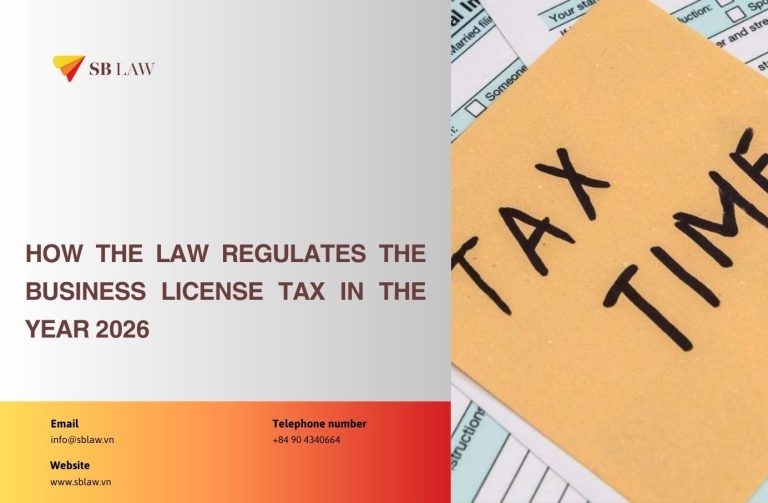Question: My spouse and I have been close friends with another couple for over 30 years – not just friends, but truly like family. We were devastated to learn that both of our dear friends tragically passed away in a traffic accident during a family trip, leaving behind a young child with no relatives to care for them.
Out of deep affection and a sense of responsibility, my spouse and I wish to adopt the child, provide care, and make up for the loss they have suffered. I would like to ask the lawyer: in this case (which does not involve any foreign element), what documents are required to apply for adoption? Is the procedure complicated? I would greatly appreciate your detailed guidance. Thank you sincerely.
Answer:
1. On the conditions for adoption
a) For the adoptive parent(s):
- Must have full legal capacity for civil acts;
- Must be at least 20 years older than the adoptee;
- Must have adequate health, financial resources, and housing to care for, nurture, and educate the adopted child;
- Must possess good ethical character.
Note: The following individuals are not allowed to adopt:
- Those who are currently restricted in certain parental rights toward minor children;
- Those undergoing administrative sanctions in correctional or medical treatment facilities;
- Those serving prison sentences;
- Those not yet cleared of criminal records for specific crimes such as intentional harm to life, health, dignity, or honor of others; abuse of family members; enticing or harboring juvenile delinquents; child trafficking or abduction.

b) For the adoptee:
- Children under 16 years old;
- Individuals aged 16 to under 18 if:
- Adopted by a step-parent;
- Adopted by a close relative (aunt, uncle, etc.);
- A child can only be adopted by one single person or one married couple;
- The State encourages adoption of orphans, abandoned children, and children with special circumstances.
Legal basis: Clauses 1, 2, and 3, Article 8 of the 2010 Law on Adoption.
c) On consent for adoption:
-
- Adoption must be consented to by the biological parents; if one is deceased, missing, incapacitated, or unidentified, consent from the other is required; if both are deceased, missing, or incapacitated, consent must come from the legal guardian. For children aged 9 and older, their own consent is also needed;
- Consent must be voluntary, honest, without coercion, threats, bribery, or financial gain;
- Biological parents may only consent after the child is at least 15 days old.
Legal basis: Clauses 1, 3, and 4, Article 21 of the 2010 Law on Adoption.
Additionally, the natural legal guardian of a minor is determined as follows:
(i) The eldest brother or sister; if they are unqualified, the next eldest sibling may act as guardian, unless otherwise agreed;
(ii) If no siblings qualify, grandparents may be guardians or may appoint one among them;
(iii) If none of the above qualify, aunts and uncles may act as guardians.
Legal basis: Article 52 of the 2015 Civil Code.
d) Conclusion:
In your case, if you and your spouse wish to adopt the child, you must prepare documents proving you meet the legal conditions for adoptive parents, and comply with regulations on the child’s age, relationship, and consent requirements.
Since the child is now without biological parents or direct relatives to care for them, it's essential to determine who the child’s legal guardian is in order to obtain their consent for adoption in accordance with legal procedures.
2. Authority for Adoption Registration:
The People’s Committee of the commune/ward/township where the adoptive parent or adoptee resides.
Legal basis: Clause 1, Article 9 of the 2010 Law on Adoption.
3. Required documents for domestic adoption:
a) For the adoptive parent(s):
- Application for domestic adoption (if submitted in person);
- Copy of passport, identity card, or equivalent document;
- Marriage certificate (if a couple is adopting);
- Criminal record certificate;
- Certificate of marital status;
- Health certificate issued by a district-level or higher medical facility;
- Certification of family circumstances, housing, and financial status from the commune-level People’s Committee where the adoptive parent resides (except in certain close-relative adoption cases).
Legal basis: Article 17 of the 2010 Law on Adoption.
b) For the adoptee:
- Birth certificate;
- Health certificate issued by a district-level or higher medical facility;
- Two full-body, straight-facing photos taken within the past 6 months;
- Death certificate of biological parents or court decision declaring them deceased.
Legal basis: Article 18 of the 2010 Law on Adoption.




